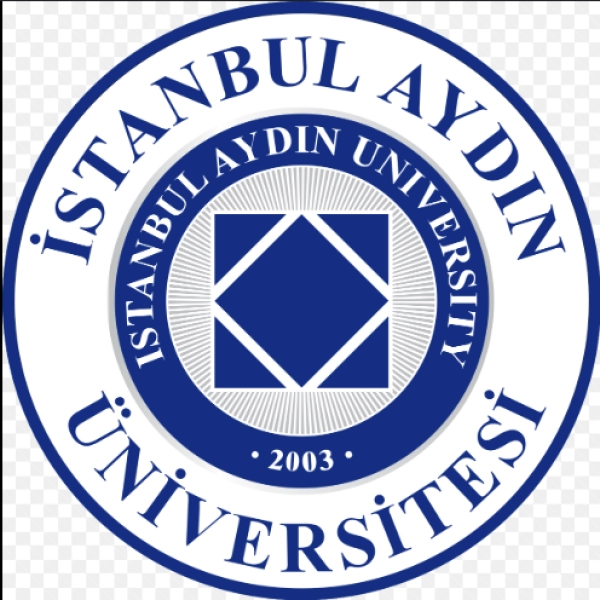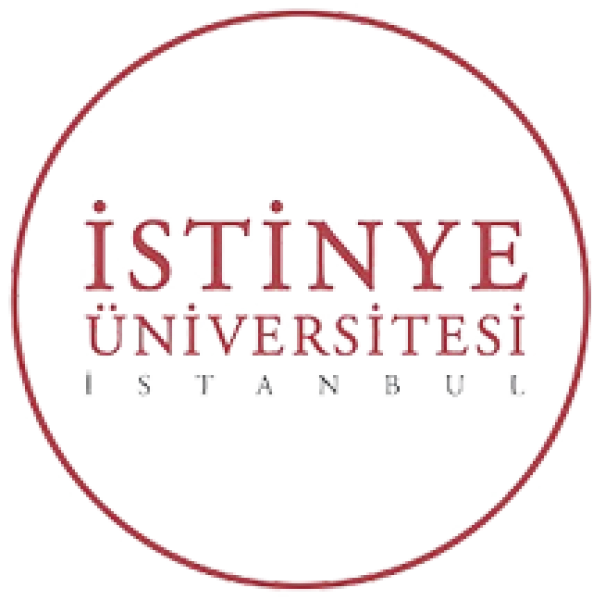College: Graduate Programs Institute
The Physical Education and Sports specialization focuses on the principles and practices of physical education, sports training, fitness, and wellness. Students gain skills in teaching physical education, training in various sports, designing fitness programs, promoting health and wellness, and preparing for careers in education, training, fitness training, and related fields.
Learning Objectives:
- Understand the principles of physical education and sports.
- Develop skills in teaching physical education and sports training.
- Learn to design and implement fitness and wellness programs.
- Explore human anatomy, physiology, and kinesiology.
- Analyze sports psychology and motivation techniques.
- Develop critical thinking, problem-solving, and leadership skills.
- Gain practical experience through internships and fieldwork.
Main Syllabus:
- Introduction to Physical Education and Sports
- Overview of physical education principles and sports history, and current trends.
- Teaching Physical Education
- Methods of teaching physical education in schools and communities.
- Sports Training
- Principles of training in various sports and athlete development.
- Fitness and Wellness Programming
- Designing and implementing fitness and wellness programs.
- Human Anatomy and Physiology
- Basics of anatomy and physiology and their application to physical education and sports.
- Kinesiology
- Study of human movement and its application to physical education and sports.
- Sports Psychology
- Exploration of psychological factors impacting sports performance and motivation.
- Nutrition for Athletes
- Principles of nutrition for improving sports performance and overall health.
- Exercise Physiology
- Study of body responses to physical activity and exercises.
- Sports Management
- Principles of managing sports programs, events, and facilities.
- Adapted Physical Education
- Methods of teaching physical education to individuals with disabilities.
- Practical Training
- Real-world experiences in schools, sports organizations, fitness centers, or related venues.
- Graduation Project
- A comprehensive project applying physical education and sports skills, such as developing a physical education curriculum, training a sports team, or designing a fitness program.
Assessment Methods:
- Analysis of physical education and sports principles
- Physical education teaching projects
- Sports training projects
- Fitness and wellness programming projects
- Human anatomy and physiology projects
- Kinesiology projects
- Sports psychology projects
- Nutrition for athletes projects
- Exercise physiology projects
- Sports management projects
- Adapted physical education projects
- Practical training reports
- Graduation projects and presentations
Recommended Textbooks:
- "Introduction to Physical Education and Sports"
- "Teaching Physical Education"
- "Sports Training"
- "Fitness and Wellness Programming"
- "Human Anatomy and Physiology"
- "Kinesiology"
- "Sports Psychology"
- "Nutrition for Athletes"
- "Exercise Physiology"
- "Sports Management"
- "Adapted Physical Education"
Prerequisites:
Basic knowledge of biology and anatomy, and an interest in physical education and sports.
Program Duration:
Typically 4 years to earn a Bachelor's degree in Physical Education and Sports.
Certification:
Graduates may obtain certifications such as:
- Certified Physical Education Teacher (PE)
- Certified Strength and Conditioning Specialist (CSCS)
- Certified Personal Trainer (CPT)
- Certified Athletic Trainer (ATC)
- Certifications in specific sports and fitness training techniques
Target Audience:
Aspiring physical education teachers, sports coaches, fitness trainers, athletic trainers, and professionals seeking careers in schools, sports organizations, fitness centers, and related fields.
This specialization equips students with the teaching, coaching, fitness, and leadership skills necessary to excel in physical education and sports, supporting careers in various roles within schools, sports organizations, fitness centers, and related fields. The program offers comprehensive education in physical education principles, teaching methods, sports training, fitness programming, human anatomy, kinesiology, sports psychology, nutrition, physiology, sports management, adapted physical education, and practical experience through internships and fieldwork, preparing students for successful careers in the field.





